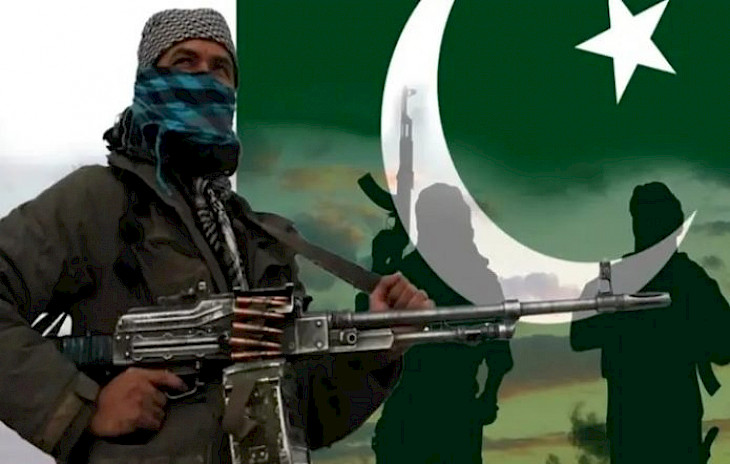Tensions are once again escalating along the Pakistan–Afghanistan border. Weakened border control and insufficient coordination between Islamabad and Kabul have created favorable conditions for the resurgence of extremist groups, including fighters from the Islamic State – Khorasan Province (ISIS-K) and Tehrik-i-Taliban Pakistan (TTP). According to The New York Times, these border regions — particularly Khyber Pakhtunkhwa and Bajaur — have seen a sharp rise in attacks on security forces and local authorities in recent months.
The TTP, whose leaders are believed to be hiding inside Afghanistan, is rapidly rebuilding its combat capacity. The group has intensified recruitment efforts, expanded its influence among radicalized tribal communities, and is increasingly using modern communication tools to coordinate operations. Analysts note that TTP fighters are employing ambush tactics and targeting police checkpoints and army patrols more frequently.
According to the Pakistan Institute for Peace Studies (PIPS), the number of terrorist attacks in 2024–2025 reached a record high — 45% higher than the previous year. Pakistan now ranks second globally in terms of terrorism-related fatalities, following only Iraq. Many observers draw a direct connection between this surge in violence and the Taliban’s return to power in Afghanistan, which has provided TTP militants with both moral and logistical support.
Pakistan’s military leadership has repeatedly urged the Afghan Taliban to prevent their territory from being used for cross-border attacks. However, observers argue that Kabul lacks effective control over several frontier areas. Meanwhile, Pakistan’s internal challenges — economic instability, political turmoil, and the growing appeal of radical ideologies — are contributing to an increasingly volatile environment.
Experts warn that if the current trend continues, Pakistan could face a prolonged wave of terrorism, threatening not only its national security but also the broader stability of South Asia.
CentralasianLIGHT.org
October 6, 2025

